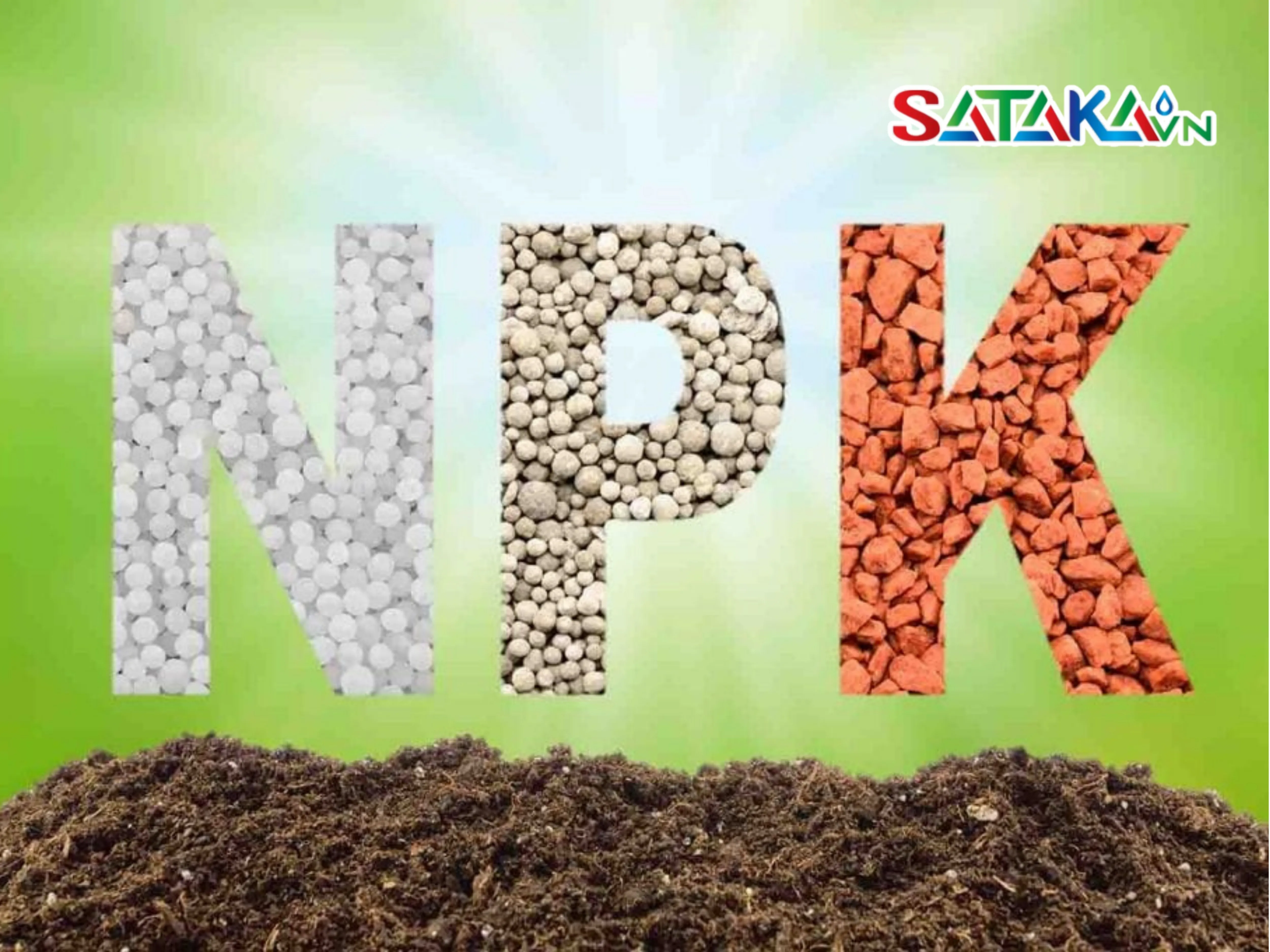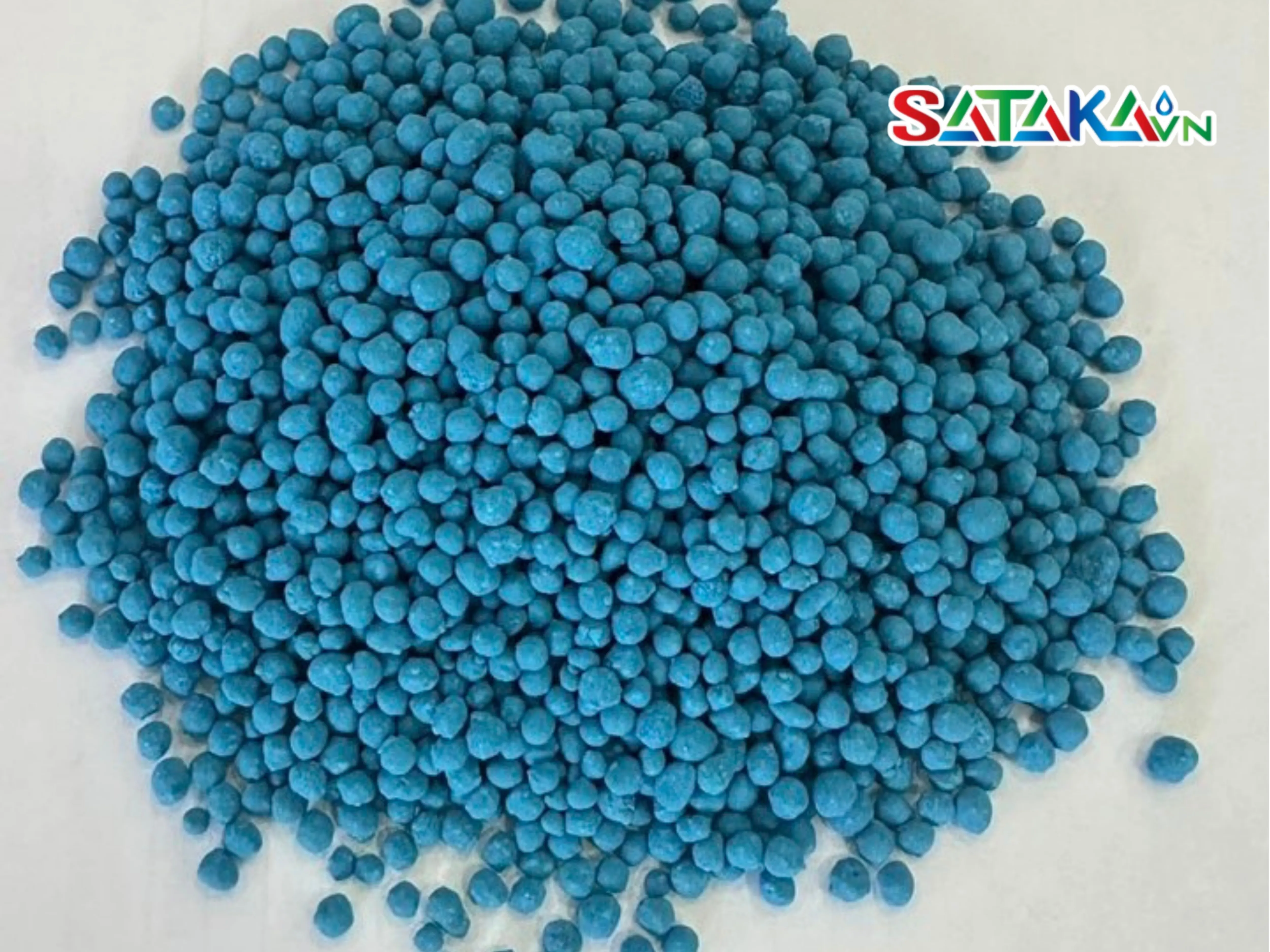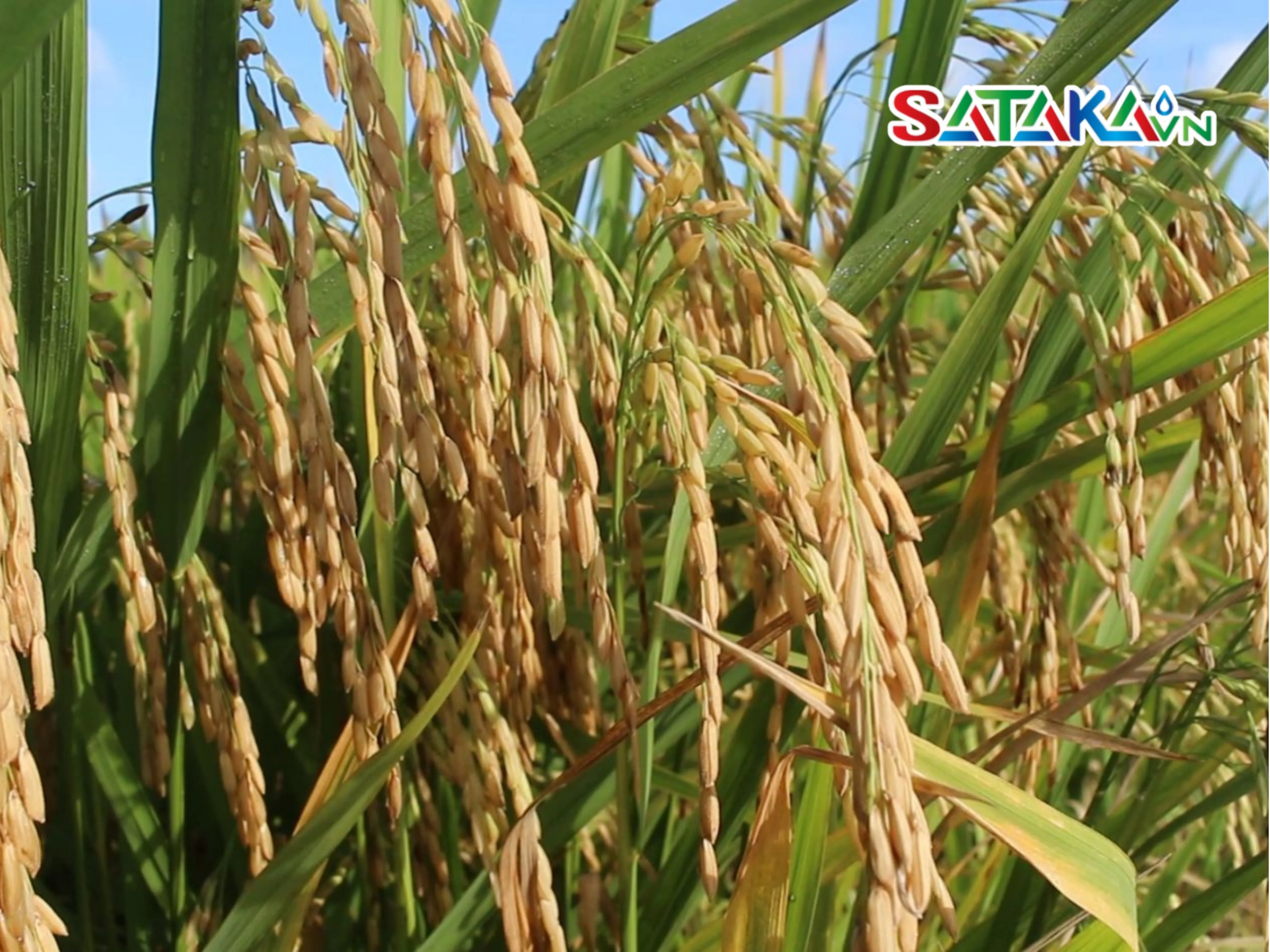NPK fertilizer plays an essential role in providing key nutrients for crops. The service of NPK Fertilizer Processing is increasingly developing to meet the diverse needs of the agricultural market. This article will provide detailed information about the NPK fertilizer processing workflow, the key factors that determine product quality, and the benefits of using processing services from reputable units.
NPK fertilizer is a synthetic fertilizer containing three essential nutrients for plant growth: Nitrogen (N), Phosphorus (P), and Potassium (K). Each nutrient plays a different role in the plant’s development:
The ratio of these three elements in NPK fertilizer is expressed in numbers, for example, NPK 20-10-10 means 20% nitrogen, 10% phosphorus, and 10% potassium.

What is NPK Fertilizer?
The demand for NPK Fertilizer Processing is rising for several reasons:
Customized NPK Fertilizer Processing is increasingly chosen by businesses and farmers to maximize farming efficiency.
Before processing begins, the manufacturer conducts:
From this data, experts determine the most suitable NPK formula.
The quality of NPK fertilizer depends largely on raw inputs, which typically include:
Selecting high-quality raw materials is the first critical step in NPK Fertilizer Processing.
This is the most important stage in the workflow:
Mixing must be performed by experienced specialists using modern equipment to ensure product consistency.
After mixing, the blend undergoes granulation:
Uniform granule size ensures easy and effective application.
The final step in NPK Fertilizer Processing includes:
Finished products must be stored in dry conditions, away from direct sunlight.

Professional NPK Fertilizer Processing Workflow.
Businesses benefit economically by outsourcing:
Especially for small businesses, outsourcing avoids large upfront investments.
Professional NPK Fertilizer Processing providers typically have:
This ensures consistently high-quality products that comply with industry standards.
Processing services allow:
This flexibility is a major advantage in today’s increasingly specialized market.
Key evaluation points:
Experienced companies usually have stable processes ensuring consistent quality.
Important factors include:
Modern technology boosts productivity and guarantees uniform quality across batches.
A professional processor should provide:
High-quality service differentiates top-tier outsourcing providers.
See more: Organic Fertilizer Processing – A Sustainable Solution for Modern Agriculture
Criteria for Choosing a Reliable NPK Fertilizer Processing Partner.
Emerging products include:
These innovations improve efficiency and minimize environmental impact.
Rising demand for organic fertilizers drives the trend of:
Organic NPK Fertilizer Processing aligns with sustainable agriculture and clean food production.

Future Trends in NPK Fertilizer Processing.
NPK Fertilizer Processing is rapidly expanding to meet diverse agricultural demands. With professional production workflows, processors deliver high-quality products suited to different crops and conditions.
When selecting a partner, it’s vital to evaluate production capacity, technology, experience, and customer services. Partnering with a reputable processor ensures cost savings, quality assurance, and strong market responsiveness. In the future, the sector will continue to evolve toward smart and sustainable fertilizers, supporting both agricultural efficiency and environmental protection.
SATAKA – A Trusted Partner in Organic NPK Fertilizer Processing: With advanced technology, closed-loop systems, and an experienced team, SATAKA is committed to delivering optimal nutrition solutions for crops. Contact us today to create sustainable and profitable harvests with us.
SATAKA VIETNAM JOINT STOCK COMPANY
📍 Address: 246 Nguyen Kim Cuong St., Tan Thanh Dong Commune, Cu Chi District, Ho Chi Minh City
📞 Hotline: 0856.555.585 | 0789.917.927
🌐 Website: https://sataka.com.vn/